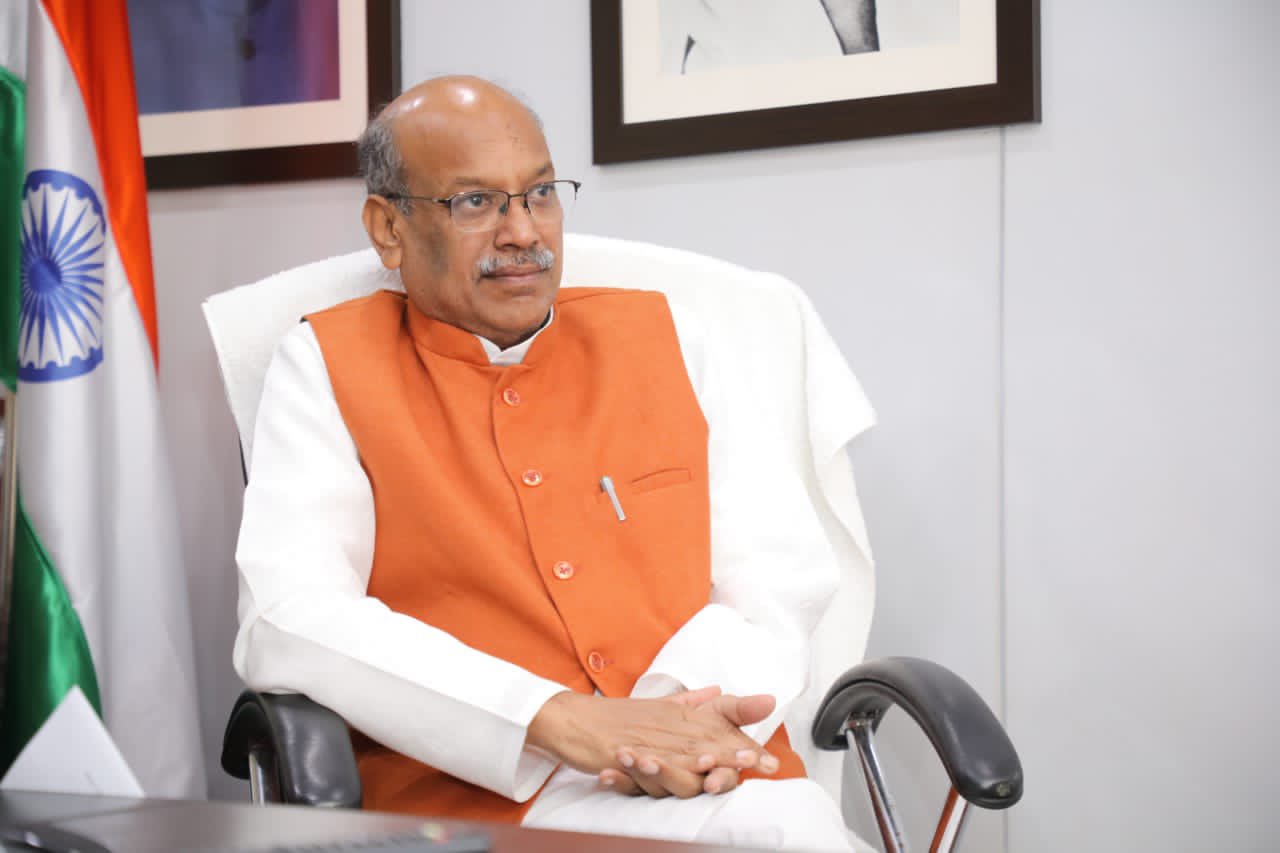New Delhi: Education Ministers from the five BRICS countries virtually signed a joint declaration today, with the resolve to further strengthen their academic and research collaboration in higher education and Technical and Vocational Education and Training (TVET).
In the 8th meeting of BRICS education Ministers that was held as part of the 13th BRICS Summit being hosted by India, ministers deliberated on two themes – Leveraging digital and technological solutions for ensuring inclusive and equitable quality education and enhancing research and academic collaboration.
Regarding the need to leverage digital and technological solutions for ensuring quality inclusive education, the member states agreed to generate and expand their knowledge base that would help formulate initiatives in this regard. They also agreed to facilitate creation of mechanisms that would allow sharing of knowledge and best practices with each other. These could include seminars, policy dialogues, interactions with experts, to name a few.
In order to enhance their collaboration in academics and research, the ministers agreed on facilitating the mobility of students and faculty among BRICS partner states, besides encouraging joint and dual degrees between higher education institutions in BRICS countries. They also recognized Technical and Vocational Training and Education as a priority area for every BRICS country and expressed their commitment to promoting collaboration in this area.
Chairing the meeting Sanjay Dhotre, Union Minister of State for Education, Communications and Electronics & Information Technology said that India acknowledges the concerted efforts being made by students, teachers, parents, communities and governments across the world to mitigate the effects of the pandemic and build back a more resilient education system. He underscored the importance of multilateral cooperation, especially among the BRICS nations, for harnessing the full potential of education.
Shri Dhotre further said that online learning and digital delivery of education have emerged as important means for achieving education sector development goals and targets set by each BRICS country. It is therefore necessary that we recognize the importance of leveraging technology to promote access to inclusive and equitable quality education for all.
The BRICS Education Ministers also shared the policies and initiatives that each country launched to mitigate the effects of the Covid 19 pandemic on education. Speaking for India Shri Dhotre informed about our initiatives under PM eVidya for providing access to quality education through multi-modal means. He spoke of SWAYAM MOOCs platform, SWAYAM PRABHA TV Channels, DIKSHA, Virtual labs .
Shri Dhotre further said that while India realizes the potential of digital and technological solutions for achieving the goal of inclusive and equitable quality education, we also acknowledge the need to reduce and eventually eliminate the digital divide that restricts full realization of this potential. There is, therefore, a need to intensify efforts to eliminate disparity in access to digital resources, including digital devices, especially in the case of socially and economically disadvantaged population groups. In this context he said that India is rapidly expanding digital infrastructure through the Digital India Campaign and FTTH connectivity.
Prior to today’s meeting, the International Governing Board of the BRICS Network Universities had met on the 29th of June, to take a look at the progress made by member states under this initiative so far, and discuss ways to take it further. A meeting of Senior BRICS Officers on Education was also chaired by Shri Ami Khare, Secretary Higher Education on 2nd of July and attended by Shri DP Singh, Chairman UGC, Shri Anil Sahsrabuddhe Chairman AICTE and Prof Subhasis Chaudhary, Director IIT .


